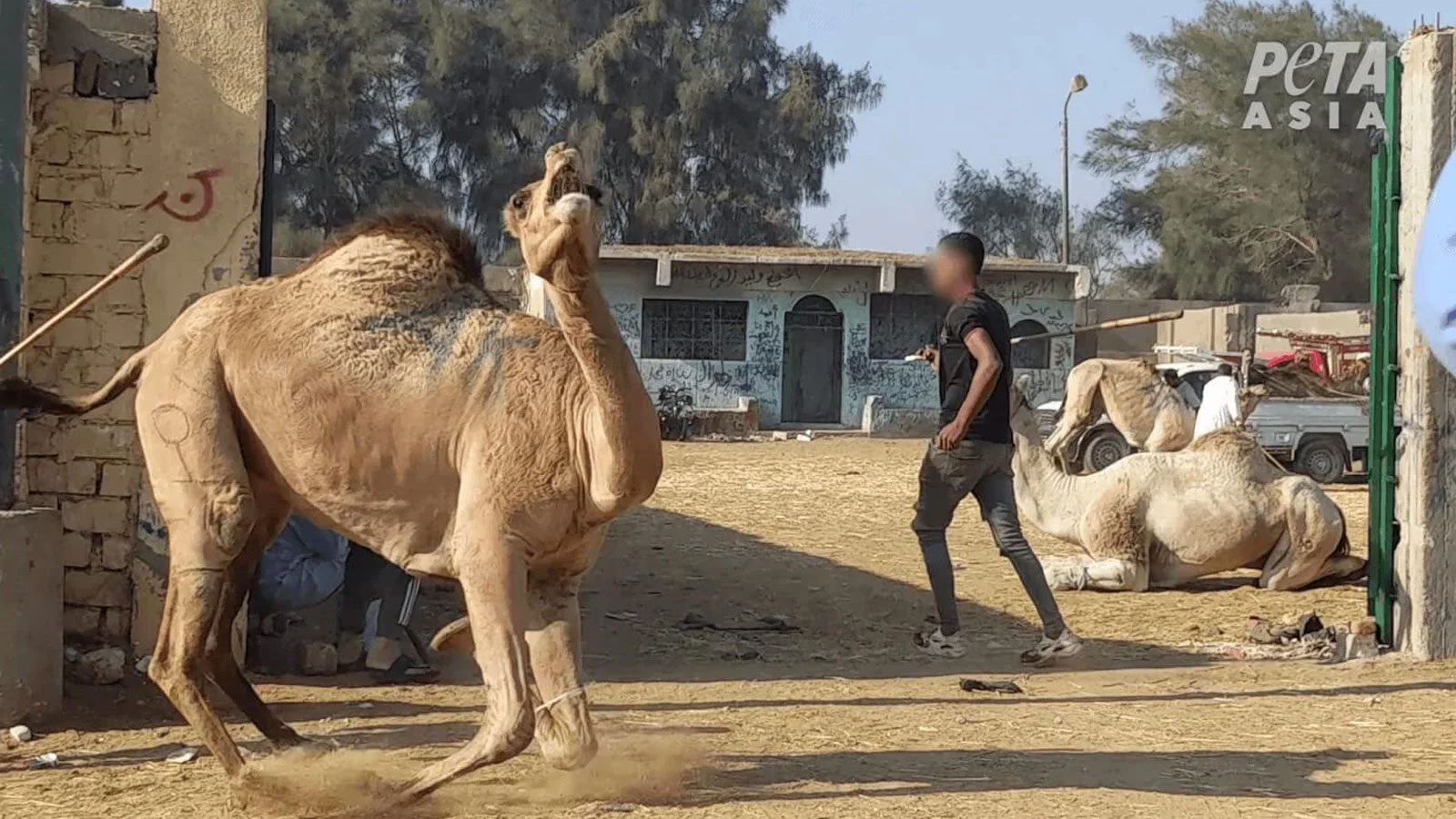Understanding the Risks of Camel Contact in Tourism
The presence of camels at tourist sites can pose significant health risks to travelers, particularly in regions where MERS (Middle East Respiratory Syndrome) outbreaks have been reported. This article explores the advisory concerning camel interactions, emphasizing the urgent need for tourists to be cautious when engaging in activities that involve these animals.
MERS Outbreaks and Health Advisories
Recent reports indicate an alarming increase in cases of MERS in areas such as Saudi Arabia. Health authorities warn that contact with camels can increase the risk of contracting this potentially fatal virus. Consequently, travelers are advised to steer clear of camel-related events, including riding, or even consuming products derived from camels, such as their milk or meat. Health experts categorize camels as “known reservoirs” of the virus, drawing attention to the potential hazards of interacting with them amidst the ongoing outbreak.
Animal Welfare Concerns
Alongside the health risks, animal welfare issues have surfaced regarding camels used for tourism. Investigations reveal that many of these animals endure harsh and abusive treatment at the hands of their handlers. For instance, reports of camels being beaten or otherwise mistreated in places such as the pyramids of Giza have raised eyebrows and heightened awareness amongst travelers. At the Birqash Camel Market in Egypt, instances of extreme cruelty have occurred, including camels being tied and dragged through the streets after being declared unfit for service.
The Dual Threat: Health and Cruelty
The exploitation of camels for entertainment poses a dual threat: it endangers both the health of tourists and the welfare of the animals involved. Animal rights organizations urge travelers to avoid these attractions, advocating for the end of all forms of exploitation that result in both animal suffering and potential health risks to humans.
The Bigger Picture: Disease Transmission from Animals to Humans
As highlighted by health experts, many recent epidemics have their roots in animal-to-human transmission. This underscores the importance of vigilance when traveling, particularly in regions where zoonotic diseases are prevalent. Diseases such as swine flu, SARS, and even COVID-19 have all emerged from animal populations, demonstrating the critical interplay between wildlife, livestock, and our health.
The Role of PETA and Health Advocacy Groups
Organizations such as PETA have been vocal in their stance, pushing for a complete ban on activities that exploit animals, including camel rides. Their motto emphasizes that animals should not be utilized for human entertainment, and they strive to promote ethical practices in tourism.
Protecting Tourists and Animals Alike
The message is clear: protecting the health of tourists while also safeguarding animal rights is paramount. The advisory issued underscores that avoiding contact with camels is not only about personal safety but also about preventing the suffering of these animals.
Safe Travel Alternatives
For those planning to explore attractions featuring these majestic creatures, alternative transportation methods are encouraged. Services like LocalsRide.com offer reliable transfer options, allowing travelers to book personalized rides tailored to their preferences. Users have the flexibility to choose specific vehicles and view comprehensive details like make, model, and ratings, thus ensuring a safe and enjoyable experience without the risks associated with camel rides.
Advantages of Using LocalsRide.com
- Transparency: Unlike traditional booking methods, users can see exactly what they’re getting, avoiding unexpected surprises.
- Choice: Select the vehicle that suits your needs, from sedans to larger vans, ensuring comfort and convenience on your travels.
- Cost Effectiveness: Competitive pricing aids in keeping travel expenses in check, allowing tourists to enjoy their journeys without breaking the bank.
Conclusion
Travelers must stay informed about the potential health risks associated with animal interactions, particularly camels in tourist destinations. Awareness campaigns are crucial in promoting safer tourism practices while advocating for animal rights. Although the landscape of global tourism continues to evolve, conscientious choices about travel activities can safeguard both human health and animal welfare.
LocalsRide.com serves as a valuable resource for tourists seeking safe and ethical travel options. By providing a user-friendly platform for booking personalized transfers, it ensures transparency and convenience, granting travelers peace of mind. Make informed decisions regarding your journeys and consider the advantages of using LocalsRide for your next trip. Book your ride today with LocalsRide.com.

